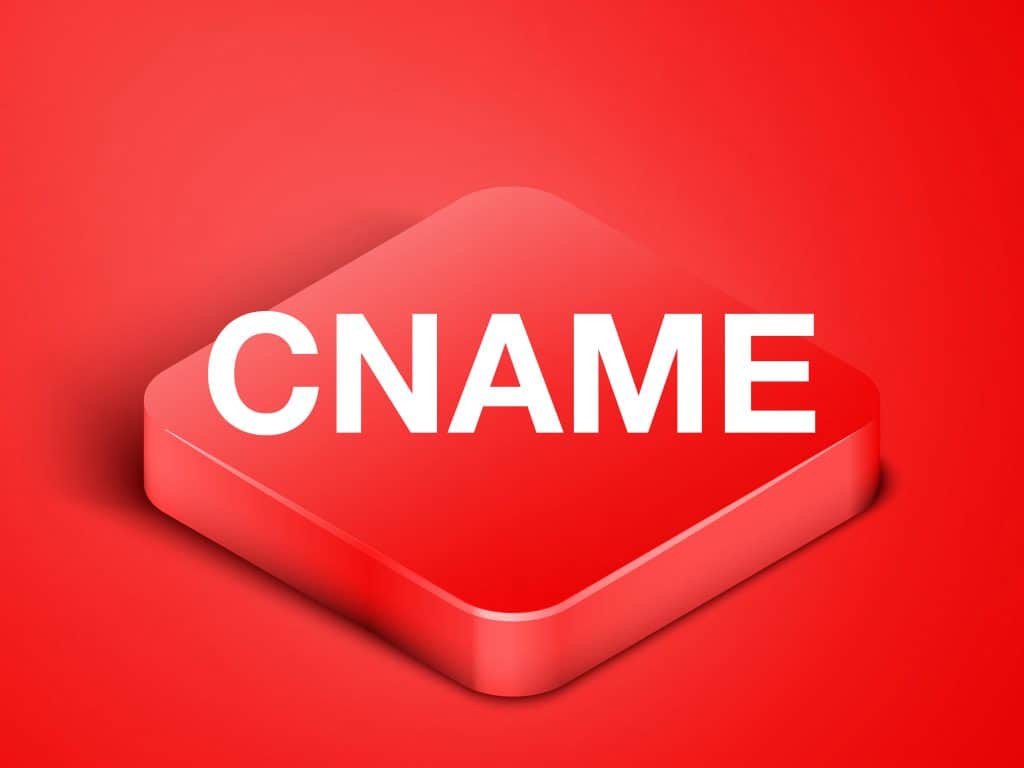Domain Name Sanity Blog

What Is a CNAME Record?
A CNAME record (stands for “canonical name” record) is a DNS record which is used to connect an alias of a domain (or a subdomain) with the main domain. In other words, it takes visitors arriving at the alias domain to the same website which is associated with the main domain itself. CNAME records don’t point to IP addresses, but only to a domain.

What Is an A Record?
An A record holds the most essential information about a domain: it contains the IP address associated with that domain. In other words, an A record has the instructions which connect the address of a computer through its hostname. The “A” in this type of record stands for address because it discloses the requested IP address.

Free Email Forwarding on Domain Name Sanity
Email forwarding, sometimes referred to as email aliases or email redirects, forwards emails from a custom email account, normally associated with your website, to your own, pre-existing email address. In other words, email forwarding allows you to create a “dummy” email address through which people’s emails can reach your own existing mailbox, the one that you regularly use.

Do I Need a Business License to Sell Online?
Find out what type of business license you need and how to get it in order to sell online.

A Beginner’s Guide to Getting Paid Online
Let us take you through each step of creating a payment process for your online business. Learn how to get paid and keep your clients happy!

How To Sell A Domain Name
If you’re thinking about using the .fun gTLD for your website, we’ll help you brush up on everything you need to know about it – its history, who runs it, what it’s used for, and where you can get your very own .fun domain extension.

How to Redirect a URL or Page in WordPress
But what are redirects, and why are they important? What are the different types of redirects? We’ll fill you in on everything you need to know about redirects, and most importantly – how to do them on your WordPress site.

What Is a Dedicated IP?
What are the benefits of opting for a dedicated IP? And perhaps most important of all – do you really need one? Let’s take a closer look at all the questions surrounding dedicated IPs so that you can better understand who needs a dedicated IP and when.

All About The .LLC Top-Level Domain
The .LLC domain is meant to be used by Limited Liability Companies, or LLCs. This will allow your company to have its full name right there in the domain, with the LLC standing after the dot. It reduces the hassle of adding a .com after the LLC bit, keeping your online identity clear to potential customers.